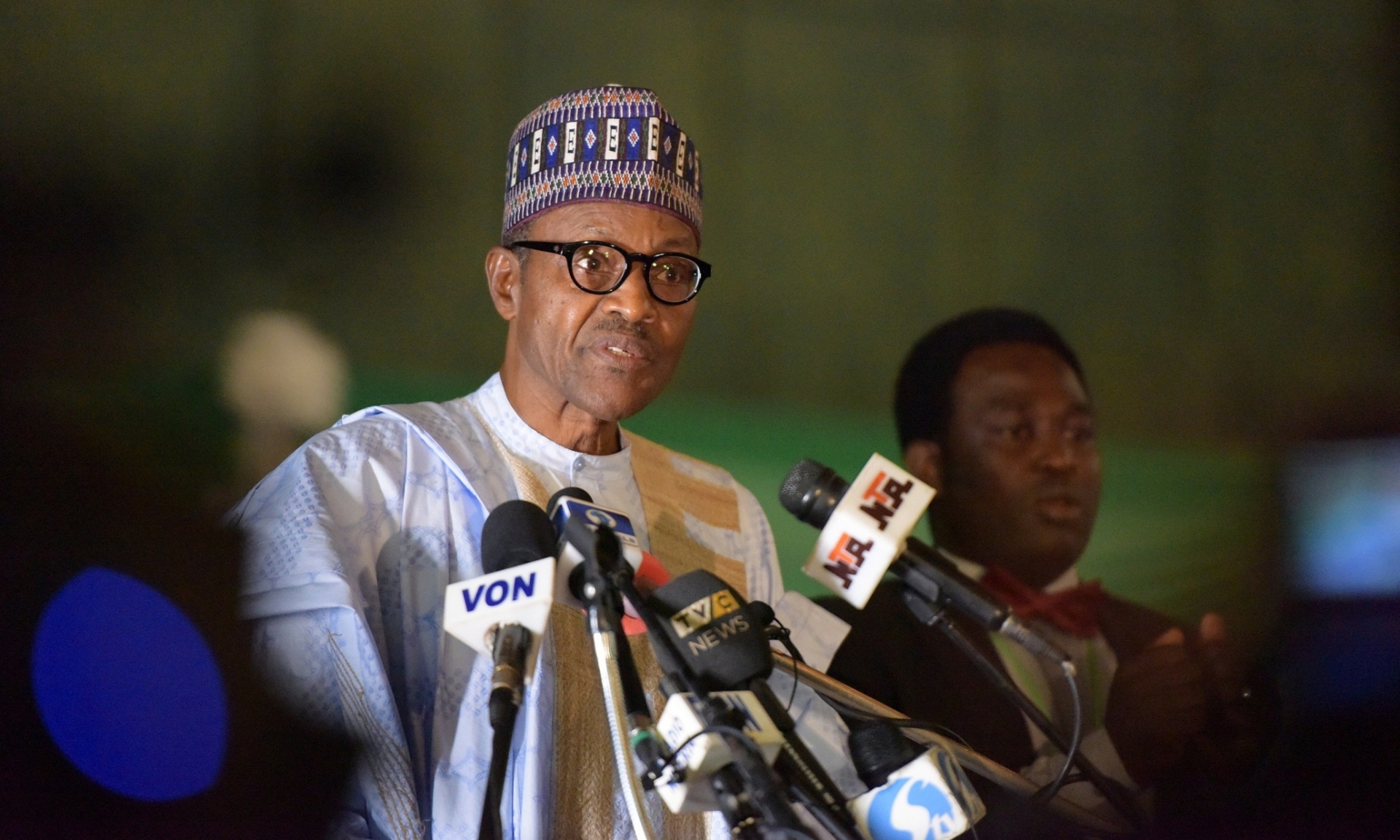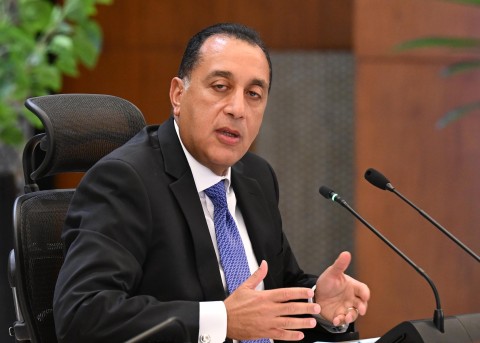The halving of crude prices has struck at the heart of Nigeria’ state finances, reveals Bloomberg, with no facet of the country’s oil revenues left unscathed.
This includes, it emerges, Nigeria’s sovereign wealth fund, designed specifically to withstand price volatility, soaking up oil revenues that exceed budgetary needs.
“The weakness in crude oil prices might persist for the foreseeable future, thereby potentially impacting on new contributions from the federation,” Nigerian Sovereign Investment Authority Chairman Mahey Rasheed said in the organization’s 2014 annual report released on Thursday. “Consequently, I do not anticipate a substantial growth in the funds under management through that source.”
Ironically the new head of the African Development Bank (AFDB), Dr Akinwumi Adesina, had argued previously that African countries would have to set up more Sovereign Wealth Funds to help withstand plunging commodity prices, said the Nigerian Bulletin.
Such funds “will allow countries to have fiscal buffers and liquidity buffers to this kind of shock”, he said, adding that the current crisis is not the only one that would be experienced as “there’s still going to be a lot of disquiet in the market going forward.”
Low oil prices are affecting the whole of Africa adversely, and not just oil producing countries like Nigeria, according to another Bloomberg report.
Declining fuel prices have prompted cargo vessels to take the long route round the Cape of Good Hope on the way to Asia or Europe, circumventing the traditional shorter Suez Canal route.
Even tankers carrying diesel and jet fuel have been diverted towards the longer 4,000-mile (6,400-kilometer) route.
“Another advantage of taking the longer route is that it gives traders more options of where to sell their cargoes”, said Erik Broekhuizen, the head of tanker research and consulting at Poten & Partners Inc. in New York.












